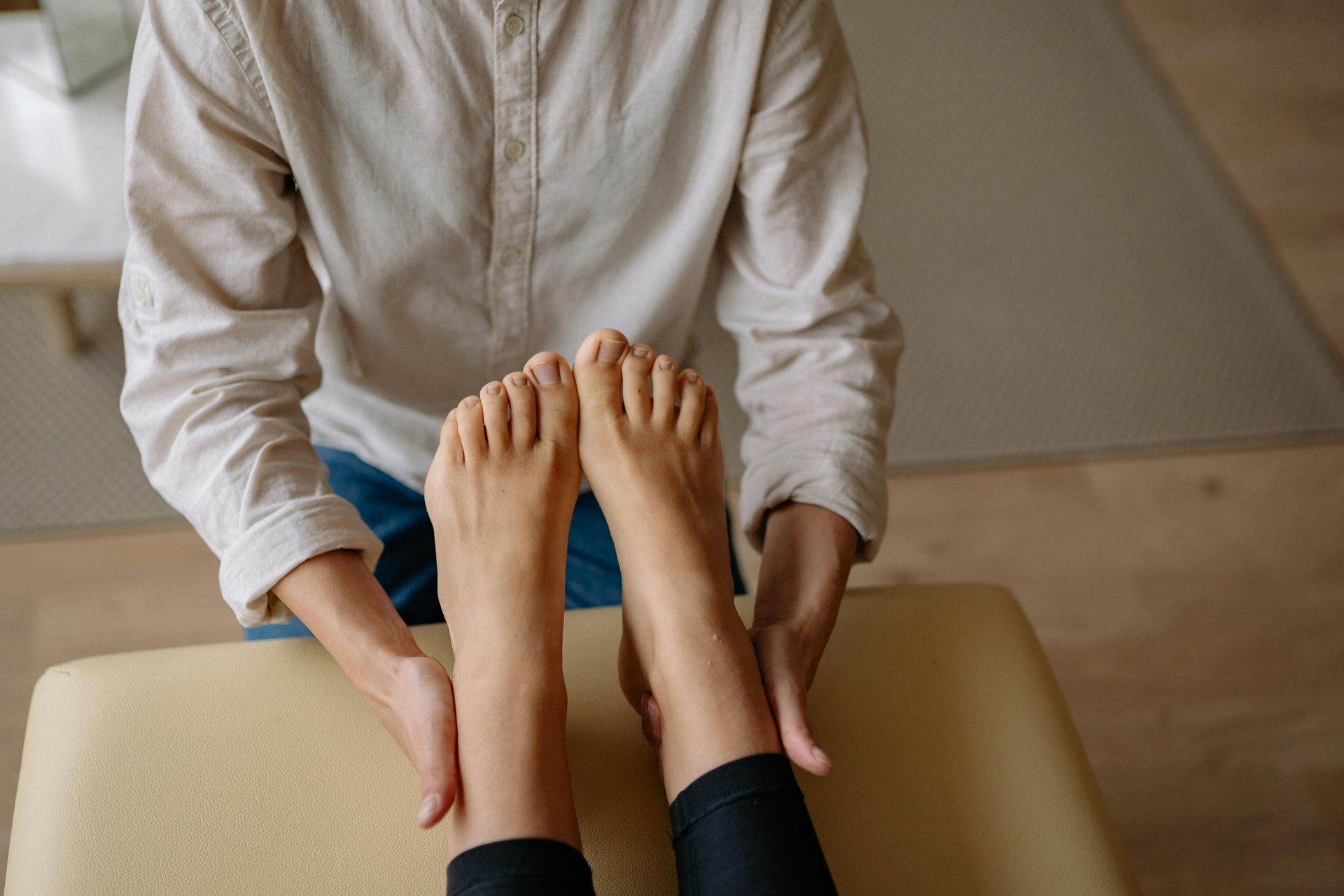Debunking Common Myths About Acupuncture: What You Need to Know
Acupuncture: What You Need to Know

Acupuncture has been practiced for thousands of years, yet some misconceptions remain. While the technique has gained widespread recognition for its effectiveness, myths about acupuncture can still make some people hesitant to try it. In this post, we’ll debunk some of the most common myths about acupuncture to give you a clear understanding of what it’s truly about and how it can support your well-being.
Myth #1: Acupuncture Hurts
One of the biggest misconceptions about acupuncture is that it’s painful. While needles are involved, they’re incredibly thin—much finer than typical medical needles. Most people experience little to no discomfort; some even find the sensation calming. Often, people feel a mild tingling or warmth as the needles are inserted, but the experience is generally described as relaxing and rejuvenating.What You Need to Know:Acupuncture needles are designed to be gentle and cause minimal discomfort. In fact, many people report feeling deeply relaxed and even falling asleep during their sessions.
Myth #2: Acupuncture Is Only for Pain Relief
While acupuncture is well-known for alleviating pain, its benefits extend far beyond pain management. Acupuncture has been shown to support various health concerns, including stress, anxiety, hormonal imbalances, digestive issues, and even insomnia. By working to balance the body’s energy, or qi, acupuncture can positively impact both physical and mental health.What You Need to Know:Acupuncture is a holistic therapy that addresses a range of health concerns. It’s about bringing the body and mind into balance, making it beneficial for anyone looking to improve their overall well-being.
Myth #3: There’s No Scientific Basis for Acupuncture
A common belief is that acupuncture lacks scientific backing. However, a growing body of research supports its effectiveness, particularly for conditions like chronic pain, migraines, and anxiety. Studies show that acupuncture can influence the body’s nervous, immune, and endocrine systems, promoting natural healing processes.What You Need to Know:Acupuncture has scientific support and is widely accepted in both Eastern and Western medicine. Research is ongoing, and many health organisations recognise its benefits, including the World Health Organization (WHO) and the National Institutes of Health (NIH).
Myth #4: Acupuncture Is Just a Placebo Effect
Some people believe that the positive results from acupuncture are due to the placebo effect. However, studies comparing acupuncture to placebo treatments have shown that acupuncture has specific effects beyond placebo. These studies highlight how acupuncture can activate certain parts of the brain, influence neurotransmitters, and reduce inflammation in the body.What You Need to Know:While the mind-body connection is important, acupuncture's benefits are rooted in physiological changes and responses. The positive outcomes extend beyond simple placebo effects.
Myth #5: Acupuncture Works Instantly
Some people expect immediate results from acupuncture, but the process typically involves gradual improvement over several sessions. While some people may feel better after just one treatment, others may need a few sessions to experience noticeable changes. Acupuncture is about long-term healing and balance rather than a quick fix.
What You Need to Know:
Acupuncture is a cumulative therapy, meaning its effects build over time. Regular sessions allow for sustainable, lasting results that contribute to your overall well-being.
Trust the Process of Acupuncture
Acupuncture is a powerful, gentle therapy with roots in ancient practices and growing support from modern science. Debunking these common myths can help create a more informed, open perspective on what acupuncture offers. If you’re considering acupuncture, remember that it’s a journey and a holistic approach that works with your body to promote healing and balance.
At George Street Wellness Clinic, I'm here to guide you through your acupuncture experience, answer any questions, and provide a safe, supportive environment. Whether you’re managing pain, stress, or looking for a natural way to enhance your wellness, acupuncture could be a meaningful addition to your self-care routine.
Contact me today to learn more or book your first session!












